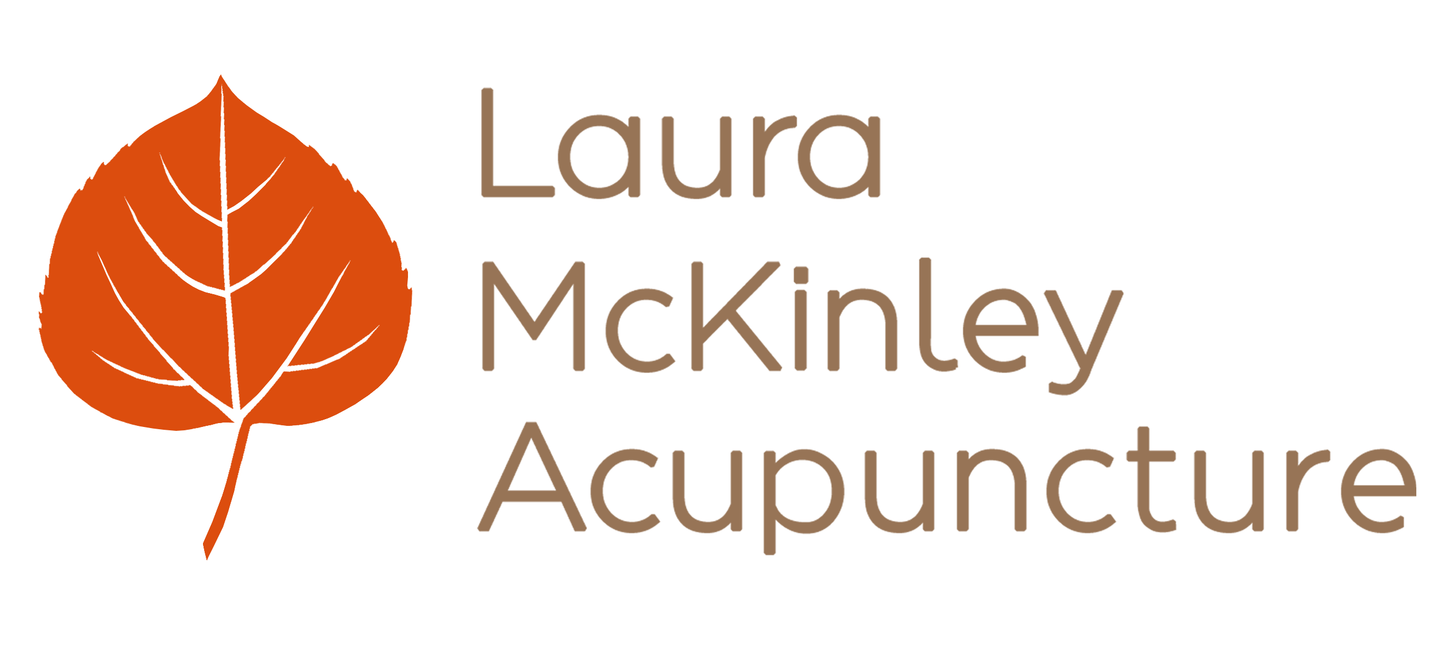Health Advocacy: The Basics
/A health advocate is a person who campaigns actively to protect and support patient's rights in health care situations.
Ideally, all health care providers have the time and desire to advocate for each and every one of their patients. In reality, this is not always the case. I recommend that you walk into every medical situation expecting that you will need to be your own #1 health advocate. This is not because your provider doesn't care or doesn't like you. Most likely, your provider is just plain busy. With a lot of patients and limited time, many providers do not have the resources to advocate for each patient. This can be particularly true for Western providers, like doctors.
Health advocacy centers around patient empowerment. Empowered patients are knowledgeable and informed. Empowered patients work with doctors towards their health goals. Empowered patients can make better health decisions on a day-to-day basis, thus expanding preventative health care.
With the ultimate goal of increasing patient knowledge, I have outlined Four Steps of Patient Empowerment. These are the four goals of any health advocacy interaction.
- Receive clear information about patient health
- Understand future steps in the care process
- Know the timeline for the care process
- Familiarize the patient with any do’s or don’ts in the next step of the process
In addition to these four goals, I hold Two Tenets of Health Advocacy. These are the two rules to apply in every health advocacy interaction. Following these two rules is the easiest way to be an active advocate.
- Ask questions nicely.
Asking questions is how a health advocate gains information. People prefer talking to nice people. The nicer you ask, the more likely you are to have your questions answered quickly and clearly. - Stand your ground and be firm.
If your question is not being answered directly, repeat it. Do not be cowed by intimidation or avoidance.
Health advocacy does not have to be stressful. Click here to learn about your rights in a health advocacy situation.


